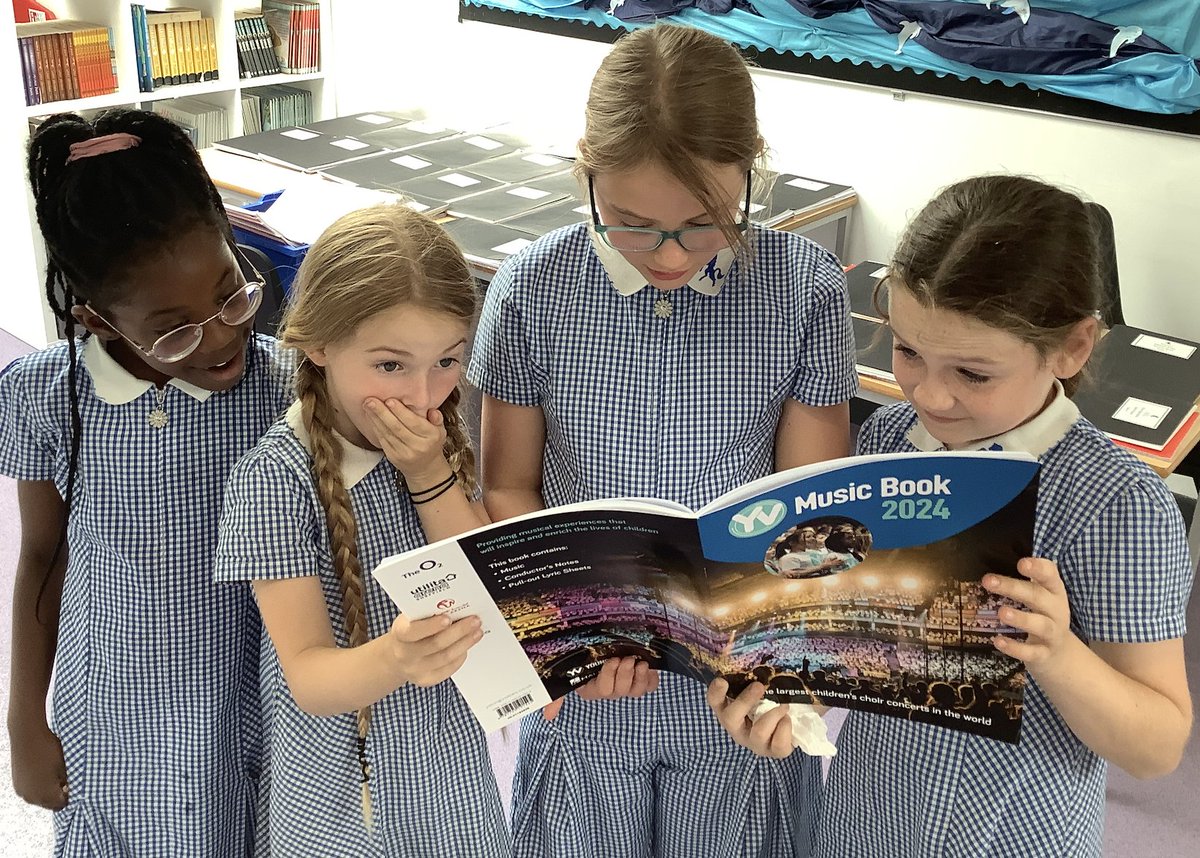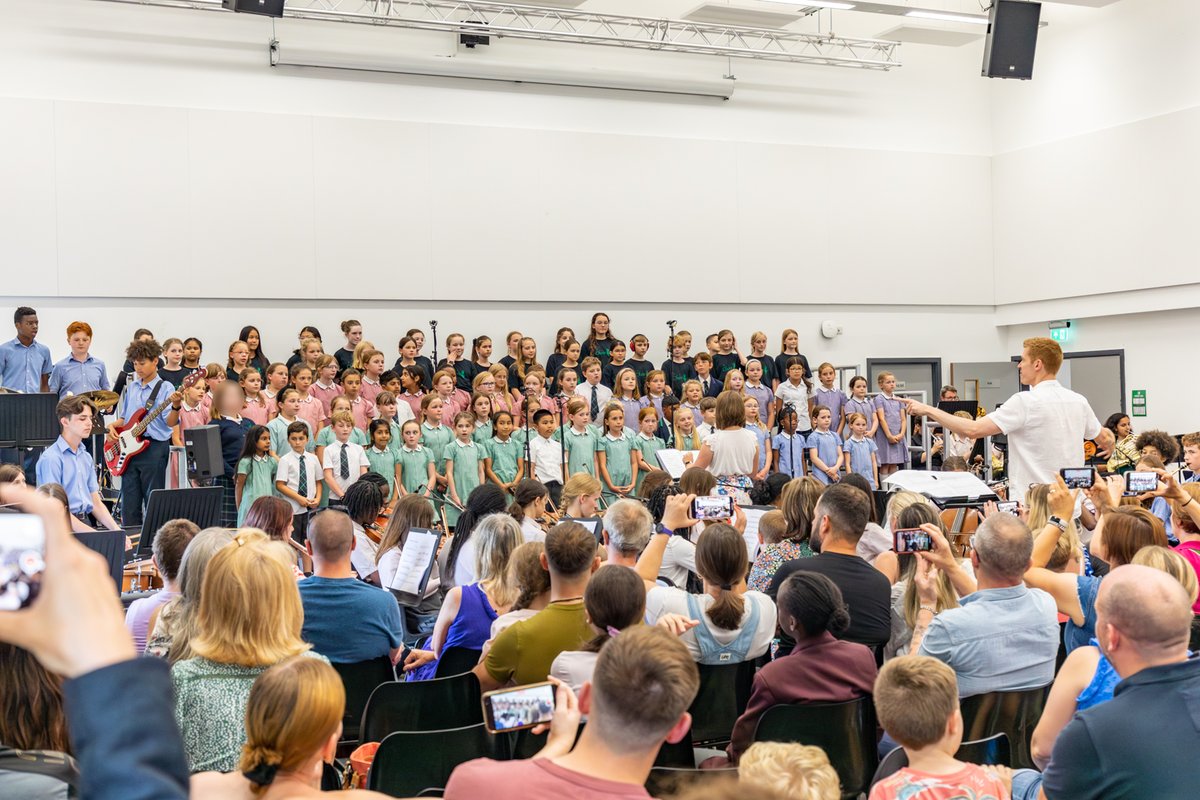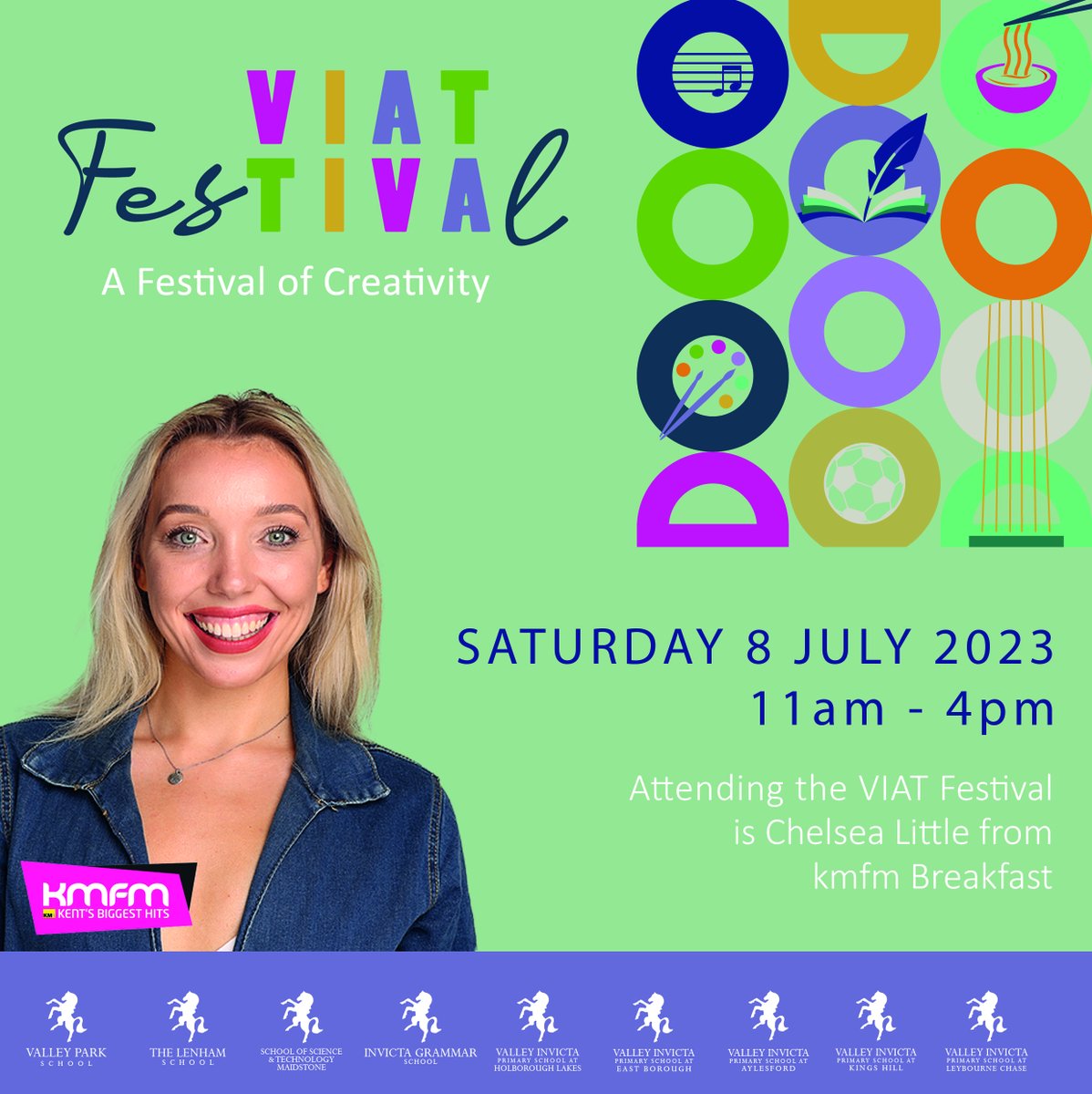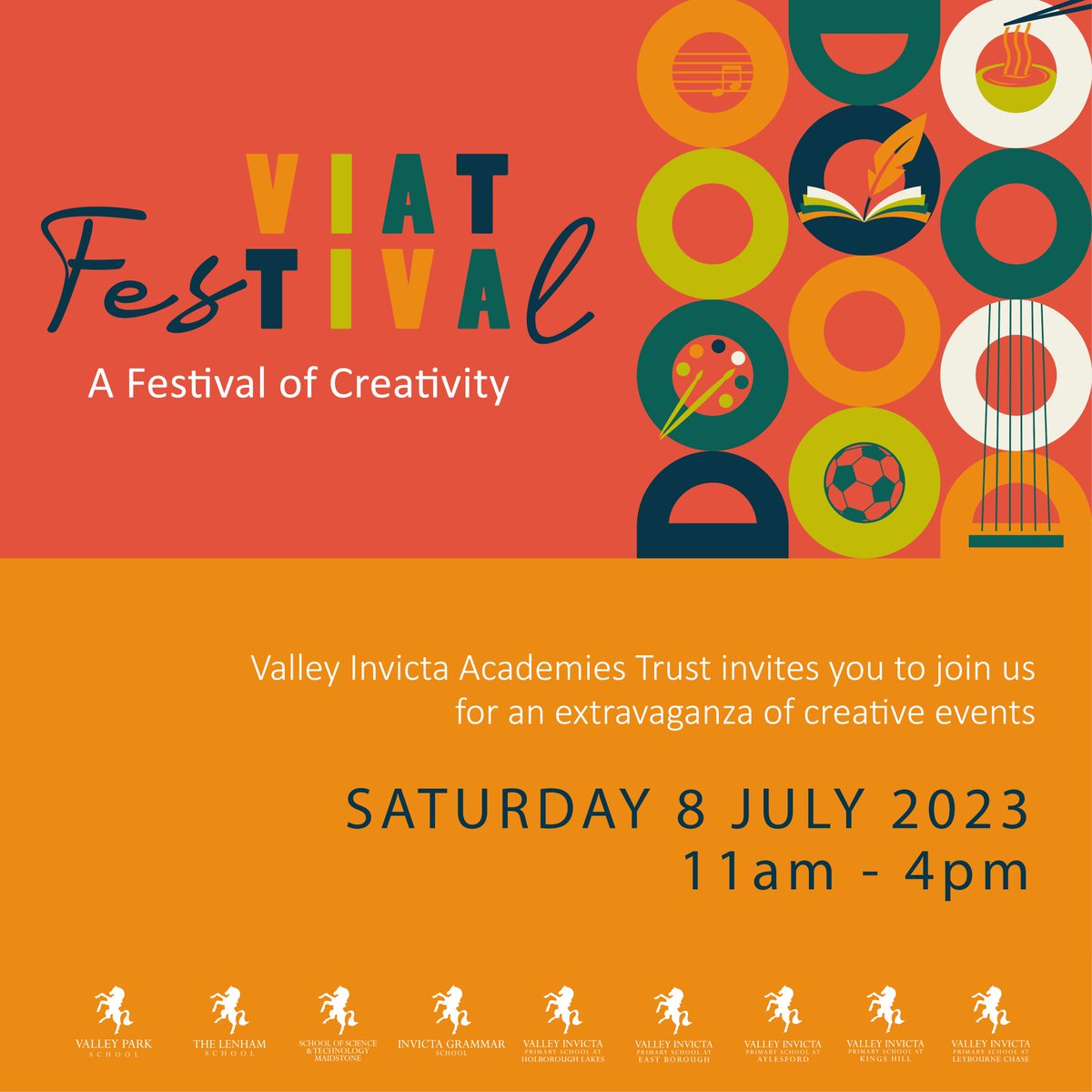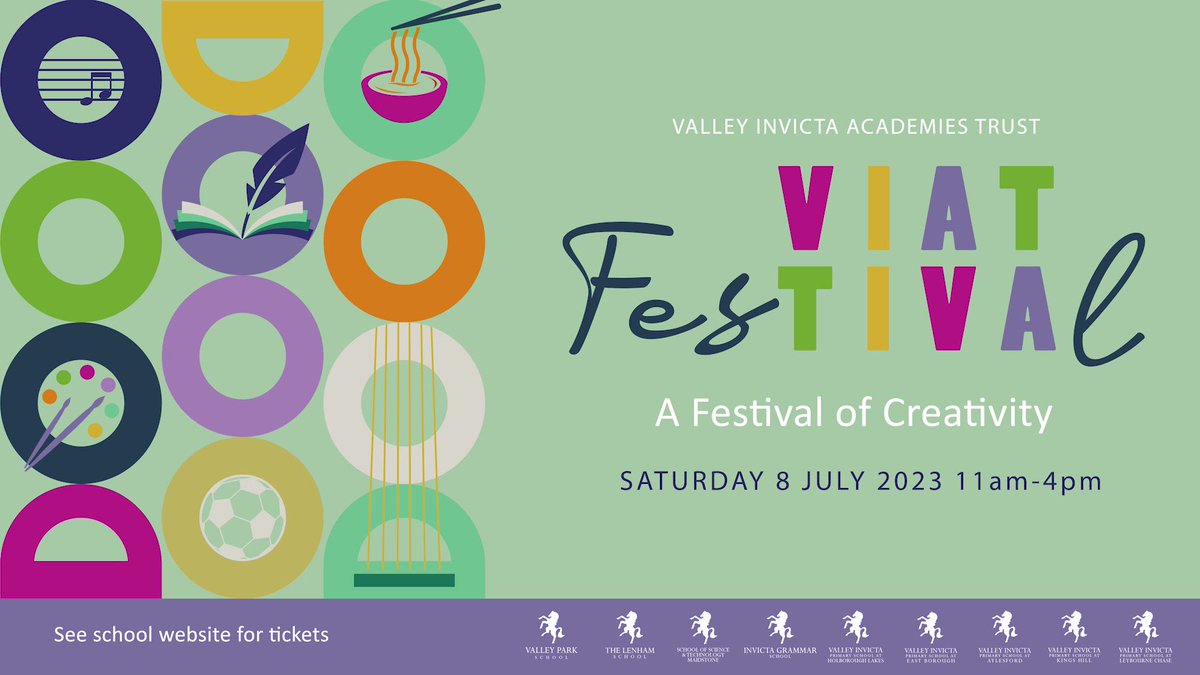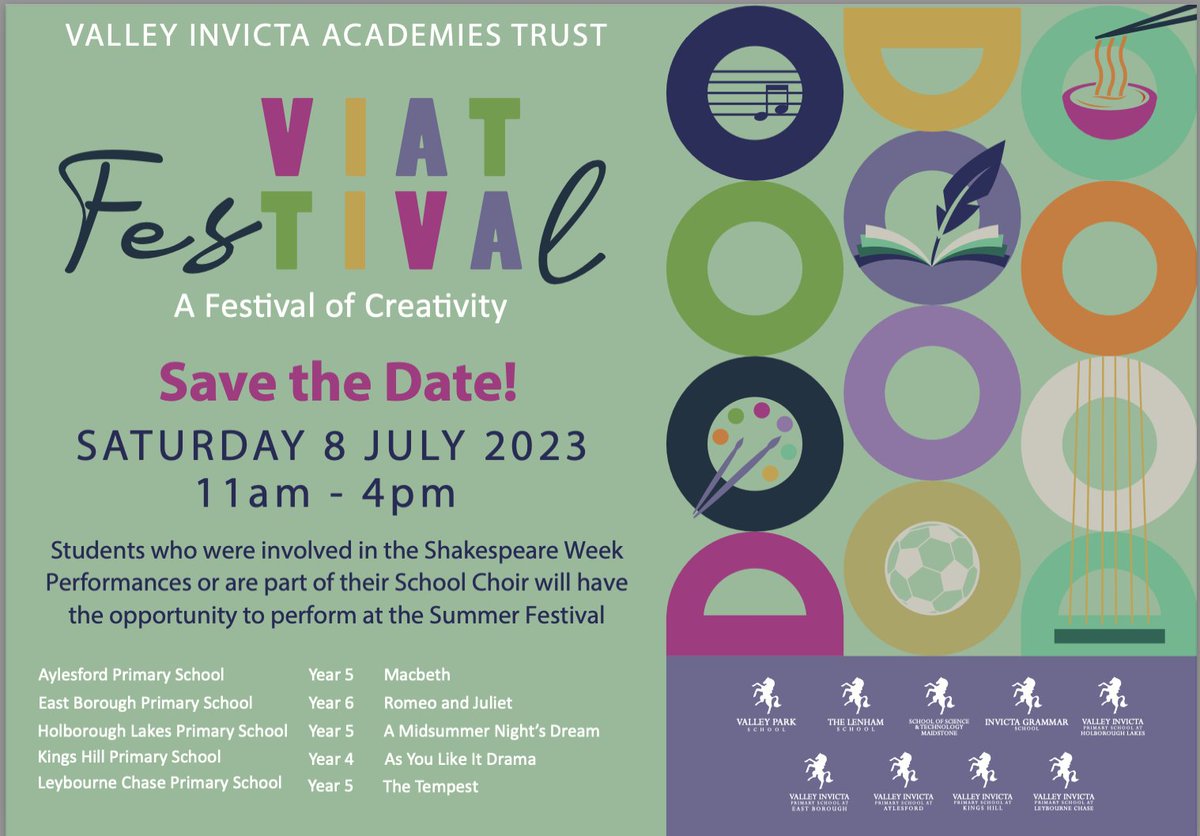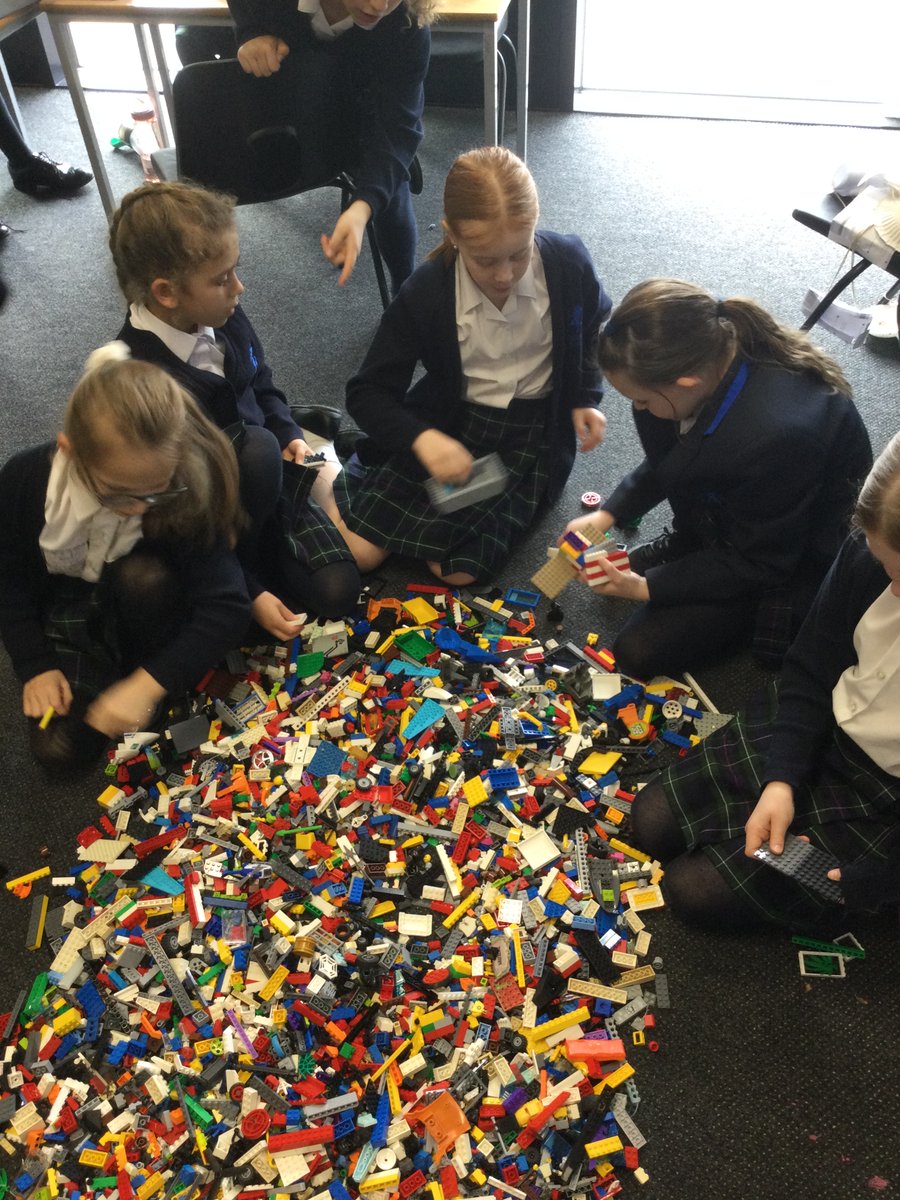Download our FREE smartphone app today!
Reading
At Valley Invicta Primary School at Leybourne Chase, our Reading curriculum is delivered in two key parts: through Reading lessons and the use of Accelerated Reader. These begin as soon as children have completed the Read, Write Inc Phonics scheme.
Reading lessons provide children with the opportunity to be taught, and to develop their, reading comprehension skills and to allow them to know, remember and understand more about reading. The delivery and content of the curriculum aims to ensure that all pupils:
- read easily, fluently and with good understanding;
- develop the habit of reading widely and often, for both pleasure and information;
- acquire a wide vocabulary, an understanding of grammar and knowledge of linguistic conventions for reading, writing and spoken language;
- appreciate our rich and varied literary heritage;
- use discussion in order to learn; they should be able to elaborate and explain clearly their understanding and ideas;
- are competent in the arts of speaking and listening, making formal presentations, demonstrating to others and participating in debate.
Our curriculum aims to be accessible to all, helping to maximise the development of every child’s ability and academic achievement in the area of Reading. The curriculum also aims to raise the profile of reading, providing children with opportunities to be read to and to read to others and also allowing children to engage in book talk and share their opinions. This approach, and the use of Accelerated Reader in school and at home, should enable children to know more about authors, the author’s intentions for the audience, to remember more about vocabulary and understand how to use and apply their reading skills to impact upon their reading comprehension progression.
We promote a love of reading in school through opportunities to read around our curriculum with both fiction and non-fiction, access to a wide variety of books in our classrooms and library and teachers who model a love of reading themselves. Children are encouraged to read ten times at home over a two-week period and quiz on Accelerated Reader when books are completed. We also use an online reading record, Boom Reader, to track reading at home and in school.
Accelerated Reader:
Accelerated Reader is used as a tool to enable children to further apply this knowledge by quizzing on stories that they have been reading.
Children have the opportunity to quiz at home and in school, allowing teachers to monitor home learning, and results of quizzes are recorded on the system, enabling staff to track progress throughout the year.
For Accelerated Reader quizzing, please login using the link below:
https://global-zone61.renaissance-go.com/welcomeportal/5980237
Our Wider Reading Curriculum:
We also promote a love of reading in school through opportunities to read around our curriculum with access to both fiction and non-fiction texts related to our themes, access to a wide variety books in our classrooms and library and teachers who model a love of reading themselves.
Reading Ambassadors:
Reader Leader:

| Recommended Reading: |
|---|
| Reception Class |
| Year 1 |
| Year 2 |
In Key Stage 2 we encourage children to read a variety of high quality texts. During whole class reading sessions teachers develop reading skills in line with the National Curriculum Expectations.
| Recommended Reading |
|---|
| Year 3 |
| Year 4 |
| Year 5 |
| Year 6 |
Other Useful Documents:
Reading Aims
Progression of Literal Understanding and Retrieval
Progression of Inferential Reading Skills

